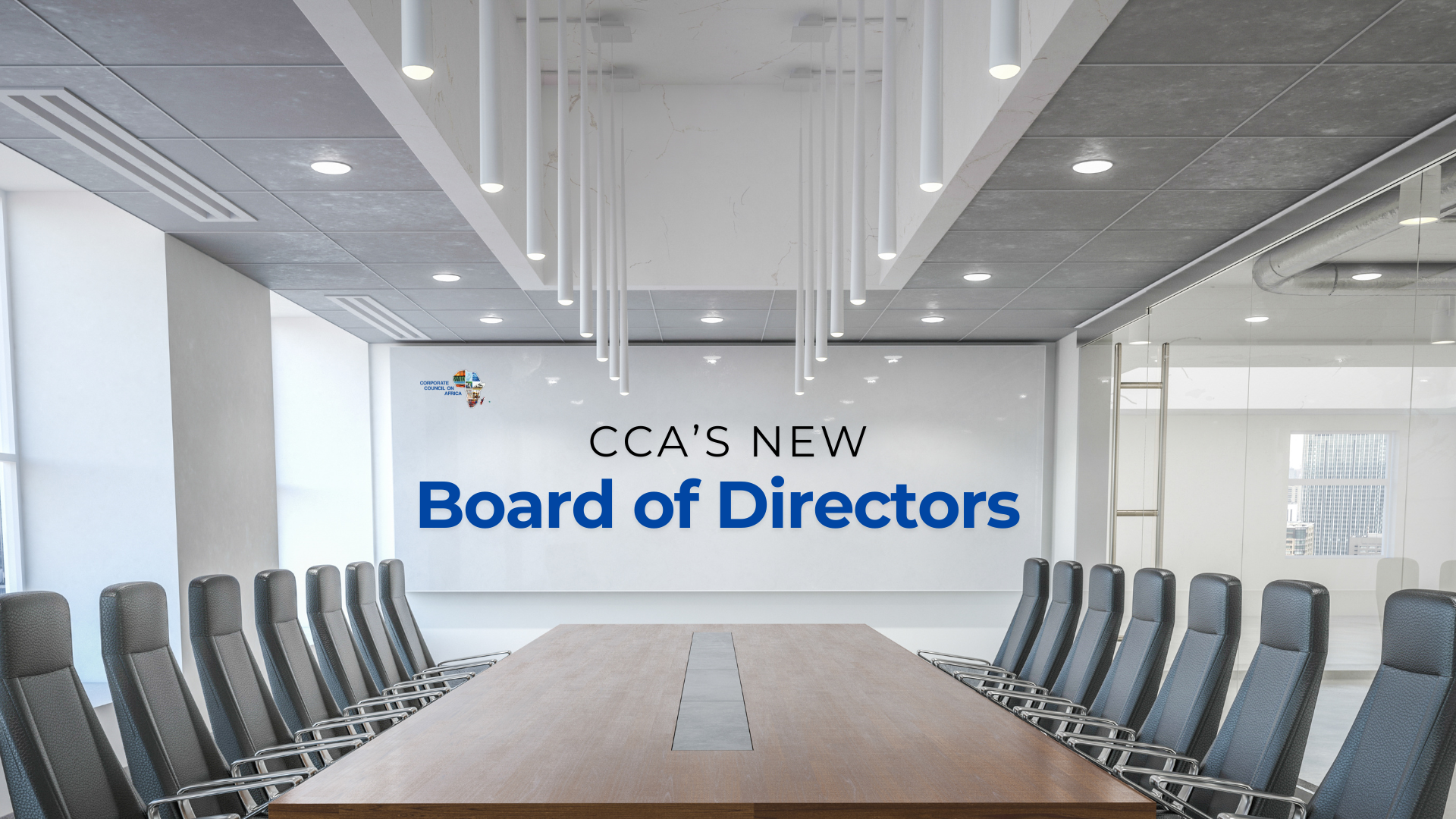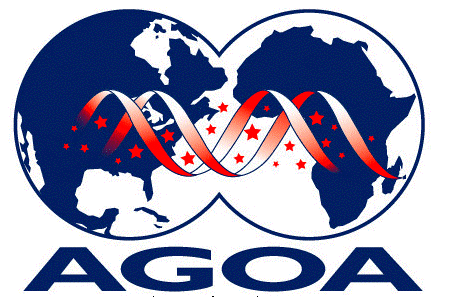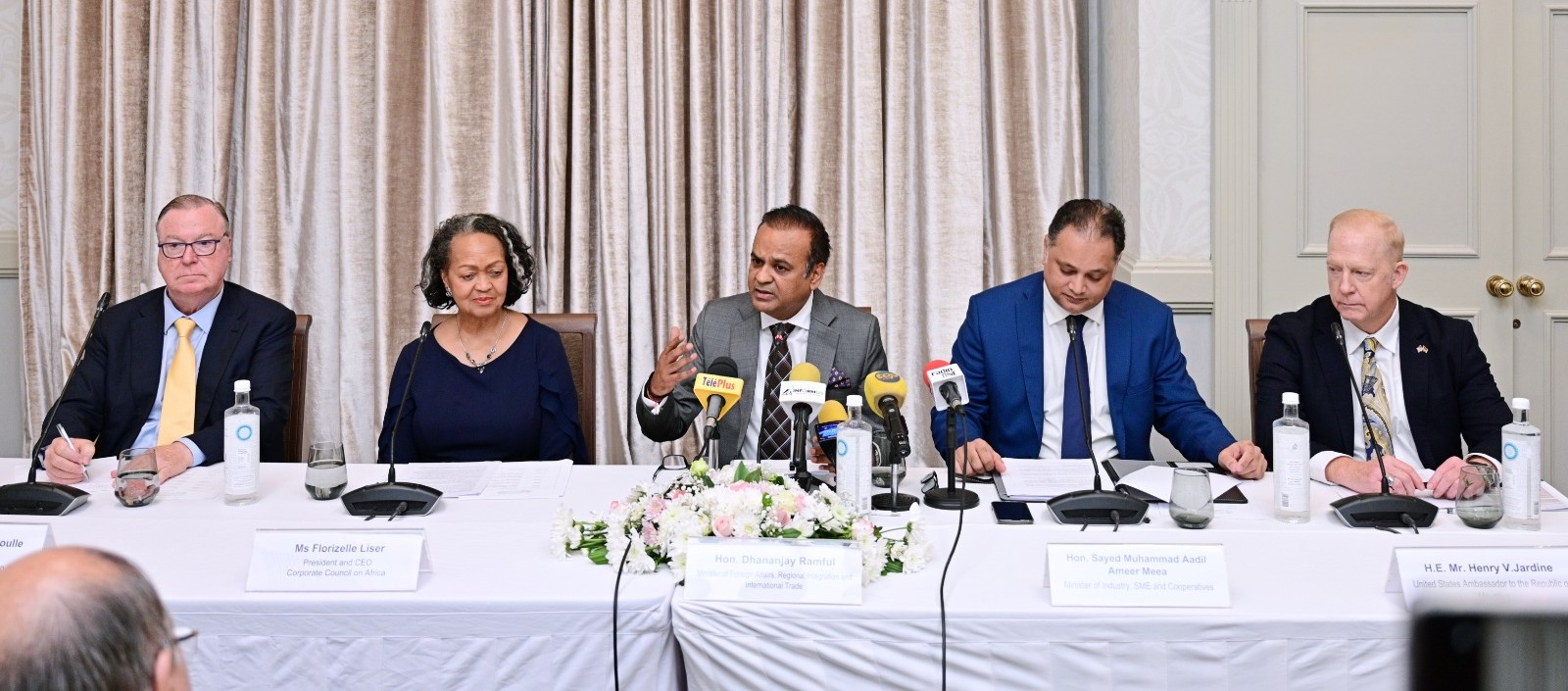Nigerian Governors Roundtable and Lunch with Nigerian Trade and Investment Minister Richard Adebayo
Captions:1.Hon. Godwin Obaseki, Governor of Edo State2. Jim Ovia, Chairman of Zenith Bank, CCA Board Member3. Hon. Babajide Sanwo-Olu, Governor of Lagos State4. From L to R: John G. Coumantaros, Chairman, Flour Mills of Nigeria, and Olugbenga Agboola, CEO of Flutterwave at the Nigerian Governors Roundtable5. Nigerian Minister of Industry, Trade and Investment Richard Adebayo addresses delegates6. Gbenga Oyebode, Chairman of Aluko & Oyebode, moderates the panel at the Nigerian Governors RoundtableOn Monday, September 23, 2019 CCA hosted two events on the margins of the UN General Assembly to highlight business opportunities in Nigeria: a Nigerian Governors roundtable and a lunch with Nigerian Trade and Investment Minister Richard Adebayo.The Nigerian Governors roundtable featured remarks by Godwin Obaseki, Governor of Edo State, Babajide Sanwo-Olu, Governor of Lagos State, John G. Coumantaros, Chairman Flour Mills of Nigeria, and Olugbenga Agboola, CEO of Flutterwave. Jim Ovia, Chairman of Zenith Bank gave welcome remarks and the event was moderated by Gbenga Oyebode, Chairman of Aluko & Oyebode.Edo State Governor Obaseki portrayed Edo state as a “quality hub” for ICT, energy and other investments. With a focus on health and education, he hoped to strengthen the state’s human capital; with a focus on bolstering institutions through increased digitization, he aimed to ensure an effective public service. The governor pointed to the need to grow the forest and agriculture sectors and highlighted the potential for more tourism. Lagos Governor Sanwo-Olu stressed the scale ofopportunities and challenges in his large state, which he said by itself would be Africa’s fifth largest economy. His policy and investment priorities: finding solutions to address the major challenges of traffic, waste management, energy deficiencies, and large inflows of people. Lagos state already has major rail projects underway, is improving payment systems for water supply, is tackling plastic waste and the need for more health insurance options. He hoped for more investment in primary schools and saw great potential for more tech start-ups. Improving the ease of doing business was critical, especially making the judicial system more responsive. Good governance and security were also key.In a lively Q&A session, the governors addressed a range of questions on the tech sector, agriculture, outsourcing, the role of the diaspora, rule of law, and suggestions for improvements in specific sectors like health, education and agriculture. After the roundtable, Nigerian Minister of Industry, Trade and Investment Richard Adeniyi Adebayo spoke at a small luncheon for U.S. businesses. His main message: Nigeria wants to improve the ease of doing business and Nigerian President Buhari is very focused on job creation.The Minister hoped to revise business-friendly legislation, update Nigeria’s industrial policy, expand incentives for job-creation and strengthen Special Economic Zones. He highlighted efforts to increase processing of agricultural raw materials and to adopt an auto policy that will incentivize the manufacturing of an affordable car. The government has also set up a national action committee, with the private sector, focused on the African Continental Free Trade Agreement (AfCFTA). As Africa’s biggest economy, Nigeria needs to ensure that the AfCFTA progresses in a way that safeguards the health of local industry, he said.



